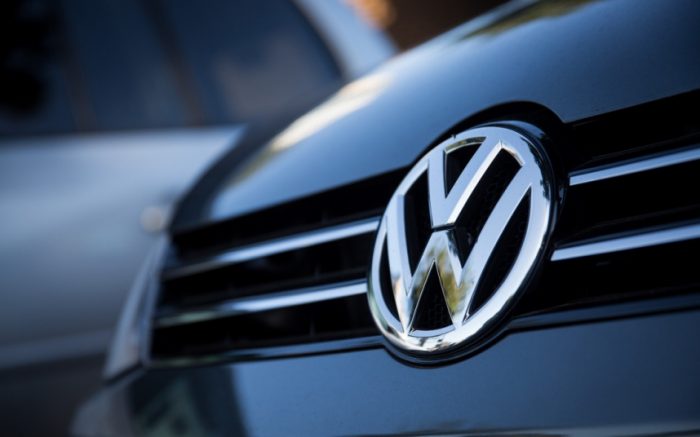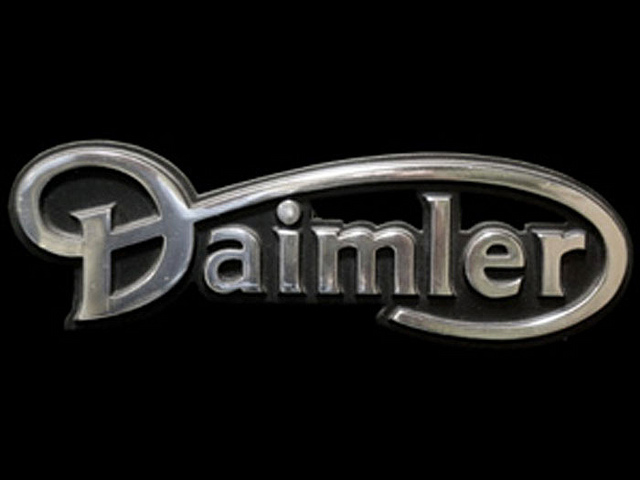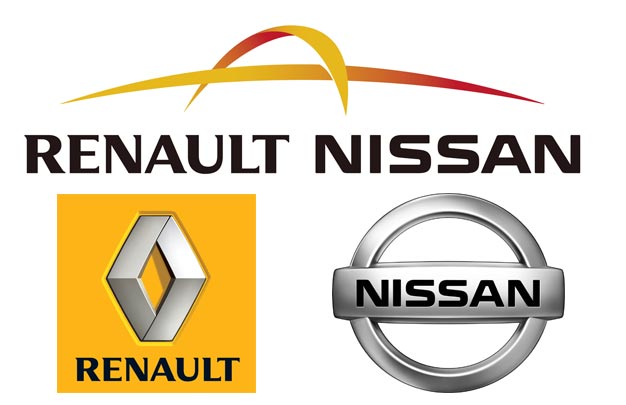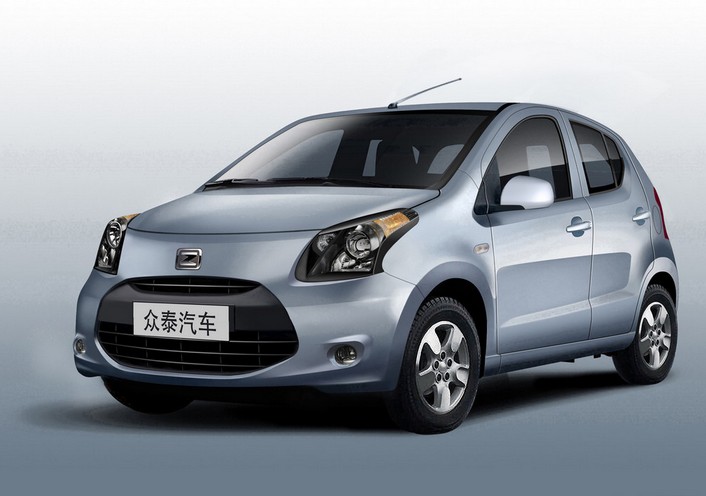Now Reading: Volkswagen and Daimler agree to pay for diesel repairs
-
01
Volkswagen and Daimler agree to pay for diesel repairs
Volkswagen and Daimler agree to pay for diesel repairs
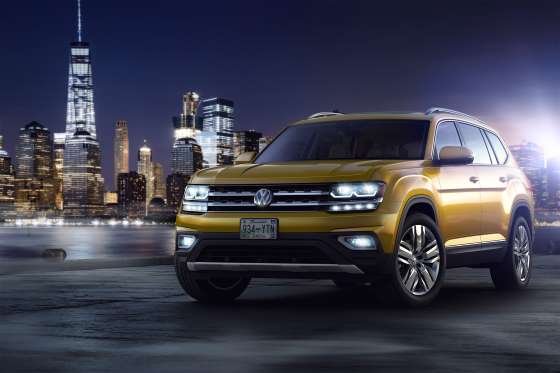
German automakers agreed to spend up to 3,000 euros ($3,430) every vehicle to help decrease diesel emissions as the government and industry respond to driving bans in major cities.
While Transport Minister Andreas Scheuer and auto leaders were hammering out a deal on anti-pollution measures in a five-hour meeting on Thursday, a court ruled that two other German cities, Cologne and Bonn, must enforce bans on older diesel vehicles.
Volkswagen and Daimler are ready to provide hardware retrofits to clean up older diesel vehicles at their own expense, Scheuer stated following the meeting, adding that competitor BMW was still refusing to do so.
But all three big German automakers, including Volkswagen, were committed to spending up to 3,000 euros for different measures, including trade-in incentives.
Scheuer stated they were all keen to press ahead with these incentives, which are intended to convince customers to buy newer, cleaner vehicles that have lower emissions and would not be impacted by driving bans.
The government has been encouraging automakers to shoulder more of the burden of retrofitting cars, though auto giants of the country have been reluctant to take on more expenses than necessary.
“Volkswagen, Daimler and BMW will make sure their customers can remain mobile,” Scheuer informed reporters, prompting foreign competitors, such Fiat and Peugeot to match the efforts he said the German companies had made.
Scandals involving schemes to conceal the true levels of pollutant emissions from diesel vehicles has dealt repeated blows to the worldwide reputation of Germany’s car industry in recent times.
Stay Informed With the Latest & Most Important News
Previous Post
Next Post
-
 01Polestar Boss Says It’s Time To Outrun BMW M And Mercedes-AMG
01Polestar Boss Says It’s Time To Outrun BMW M And Mercedes-AMG -
 02Spy Shots: 2027 Mitsubishi Pajero Spotted in Testing Ahead of Possible U.S. Return
02Spy Shots: 2027 Mitsubishi Pajero Spotted in Testing Ahead of Possible U.S. Return -
 032026 Toyota Hilux EV: A Powerful Truck with Silent Torque
032026 Toyota Hilux EV: A Powerful Truck with Silent Torque -
![2027 Mercedes-Benz S-Class Debuts with V8 Engine [Photo Gallery]](https://speedlux.com/wp-content/uploads/2026/01/2027-Mercedes-Benz-S-Class-33-155x125.jpg) 042027 Mercedes-Benz S-Class Debuts with V8 Engine [Photo Gallery]
042027 Mercedes-Benz S-Class Debuts with V8 Engine [Photo Gallery] -
 052026 Corvette ZR1 Production Surges Past Expectations as Output Clears 1,000 Units
052026 Corvette ZR1 Production Surges Past Expectations as Output Clears 1,000 Units -
 06Spy Photos: VW ID. Polo GTI Goes Electric with 223 HP and 280 Miles of Range
06Spy Photos: VW ID. Polo GTI Goes Electric with 223 HP and 280 Miles of Range -
 07The Controversial Ford Voodoo V8 That Was Killed Off Too Early
07The Controversial Ford Voodoo V8 That Was Killed Off Too Early



![2027 Mercedes-Benz S-Class Debuts with V8 Engine [Photo Gallery]](https://speedlux.com/wp-content/uploads/2026/01/2027-Mercedes-Benz-S-Class-33-700x394.jpg)




































